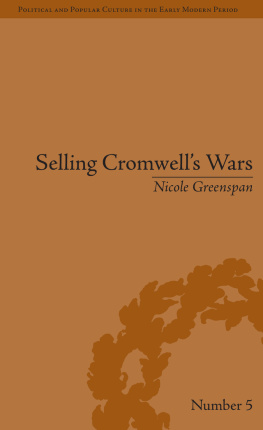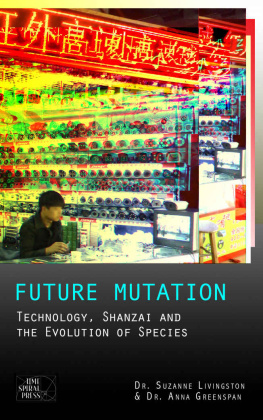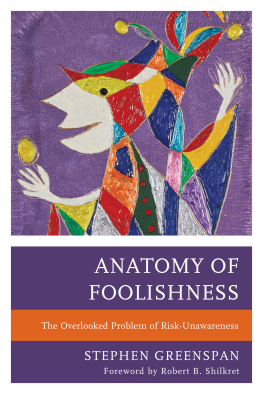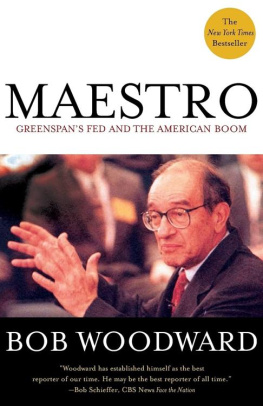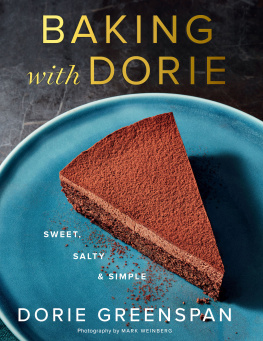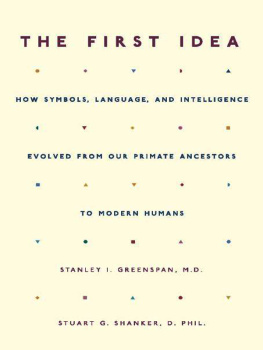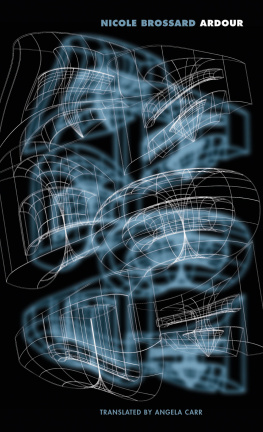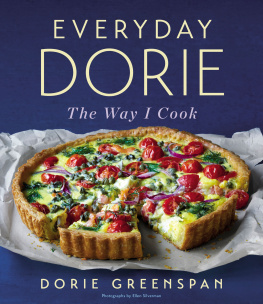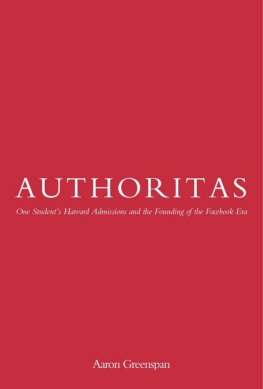SELLING CROMWELLS WARS: MEDIA, EMPIRE AND GODLY WARFARE, 16501658
POLITICAL AND POPULAR CULTURE IN THE EARLY MODERN PERIOD
Series Editors: Alastair Bellany
Krista Kesselring
Edward Vallance
TITLES IN THIS SERIES
1 Credibility in Elizabethan and Early Stuart Military News
David Randall
2 The Politics of Disclosure, 16741725: Secret History Narratives
Rebecca Bullard
3 Electing Cromwell: The Making of a Politician
Andrew Barclay
4 Monarchism and Absolutism in Early Modern Europe
Cesare Cuttica and Glenn Burgess (eds)
FORTHCOMING TITLES
Court Politics and the Earl of Essex, 15891601
Janet Dickinson
Selling Cromwell's Wars
Media, Empire and Godly Warfare, 1650-1658
By
Nicole Greenspan
First published 2012
by Pickering & Chatto (Publishers) Limited
Published 2016
by Routledge
2 Park Square, Milton Park, Abingdon, Oxon OX14 4RN
711 Third Avenue, New York, NY 10017, USA
Routledge is an imprint of the Taylor & Francis Group, an informa business
Taylor & Francis 2012
Nicole Greenspan 2012
All rights reserved, including those of translation into foreign languages. No part of this book may be reprinted or reproduced or utilised in any form or by any electronic, mechanical, or other means, now known or hereafter invented, including photocopying and recording, or in any information storage or retrieval system, without permission in writing from the publishers.
Notice:
Product or corporate names may be trademarks or registered trademarks, and are used only for identification and explanation without intent to infringe.
BRITISH LIBRARY CATALOGUING IN PUBLICATION DATA
Greenspan, Nicole.
Selling Cromwell's wars: media, empire and godly warfare, 1650-1658. (Polit
ical and popular culture in the early modern period)
1. Press and politics Great Britain History 17th century. 2. Government
and the press Great Britain History 17th century. 3. Mass media and
public opinion Great Britain History 17th century. 4. Great Britain
History Commonwealth and Protectorate, 1649-1660. 5. Cromwell, Oliver,
1599-1658.
I. Title II. Series
302.2'32'0941'09032-dc22
ISBN-13: 978-1-84893-221-0 (hbk)
Typeset by Pickering & Chatto (Publishers) Limited
Contents
This book began with the chance encounter of a newsbook from the 1650s and emerged from my thesis at the University of Toronto. I am indebted to my supervisors and examiners Michael Finalyson, Ian Gentles, Barbara Todd, Paul Christianson and Jennifer Mori for their encouragement, attentive readings and great discussion and support. I am also immensely grateful to Joad Raymond, Jonathan Scott, Paul Rahe, Amos Tubb, Philip Stern, Jason White, Joseph Deasy and Erik Thompson for invaluable comments and suggestions on drafts of the manuscript and earlier incarnations of chapters. I take full responsibility for any errors and omissions.
Research for this project was facilitated by scholarships and fellowships from the University of Toronto, the Ontario Graduate Scholarship Programme, the Patricia and Alan Marchment Travel Fund and Hampden-Sydney College. Much of the research for this book was conducted at the University of Toronto libraries, the British Library, Bodleian Library, the National Archives at Kew and the Folger Shakespeare Library. I benefited greatly from the help of the librarians, archivists and staff at each of these institutions. I spent countless hours at the Duke Humphreys library, usually in the bays at seat H27. William Hodges and Alan Carter offered endless patience and assistance. Jean-Pierre Mialons generosity was remarkable and he regularly went above and beyond the call of duty. I also thank Elizabeth Freebairn of the Newberry Library
I have had the tremendous fortune to work alongside great friends and colleagues whose input, support and companionship helped see this book to completion. Many thanks to Eric Dinmore, Caroline Emmons, Robert Blackman, Julia Palmer, Janice Siegel, Michael Utzinger, Sarah Hardy and my exceptional colleagues at Hampden-Sydney. I would also like to thank the Early Modern discussion group and Medieval/Early Modern thesis groups at the University of Toronto. David Lawrence, Dana Wessell-Lightfoot, Jamie Smith and Mark Crane offered great comments, lively discussion and wonderful company. My gratitude to Tanya Hagen for warm friendship and research discussions.
The editors and staff at Pickering & Chatto have been a pleasure to work with and I am thankful for their input and assistance. Jason Peacey, Alastair Bellany, Krista Kesselring and Edward Vallance provided excellent critique and support and Daire Carr offered great guidance.
Last but certainly not least, thanks to my family for their active support and patient endurance first of the life of a PhD candidate and subsequently an expatriate academic. Doris Miller, Jennifer Taylor, James Greenspan, and Carly and Maddie Taylor have kept me going. Frank Miller, Philip Greenspan and Rebecca Greenspan would be proud. I am more grateful than words can express to Samuel and Carole Greenspan for their love and continual support.
Months after its inception, the new English Commonwealth embarked on a series of wars. Beginning with the invasion of Ireland in 1649, the republic moved on to the invasion of Scotland in 1650 and the first Anglo-Dutch war in 1652. The Cromwellian Protectorate continued in this vein, undertaking the Western Design and Anglo-Spanish war in 1655. For a time it appeared Cromwell might intervene in religious conflicts on the continent as well. This book examines the ways in which the media shaped and marketed war, empire and political policies in the 1650s. In so doing this study also explores the interrelation of news, print and political cultures and the conduct of public debate. To enable close analysis of these relationships and strategies the book focuses on a series of case studies: the establishment of the republic; the Cromwellian invasion and conquest of Scotland; imperialism, the Western Design and the conquest of Jamaica; the broader Anglo-Spanish war stretching across both sides of the Atlantic; and international religious conflict. Exploration of these different episodes affords an excellent opportunity to examine the ways the media shaped, and were shaped by, political developments and concerns. These were controversial wars and the regimes of the 1650s hoped to maximize popular support. In selling these wars, the media were instrumental.
In studying war one of the first questions historians tend to ask is: What was the conflict about? To answer this question it is common for historians to try to tease out the true motives and aspirations of politicians and military men. Such efforts have produced lively debates over Cromwells aims and intentions in war and empire. One particular point of scholarly conflict has been the role of religion in Cromwells foreign and imperial policies: were his religious goals sincere, or did he use religious rhetoric to camouflage underlying strategic and economic aims? Historians have reached differing conclusions.
A division between public and private motivations raises several issues. Truth is presumed to reside in the latter: there were actual reasons, to which the public may or may not have been privy, for war that can be distinguished from public pronouncements. It assumes that we can determine authentic, inner motivations with any certainty, despite incomplete records and without reference to the language and context in which motivations were expressed. It requires some expectation that motivations remain stable over time and therefore can be subject to measurement. It also equates motives for war with the intentions and goals of political and military officials. For seventeenth-century men and women, however, understanding what a particular war was about did not necessarily have much to do with what was going on in the hearts and minds of politicians. Most contemporaries did not have access to politicians inner lives, and indeed may not have cared tremendously if they had. More importantly, the determination of what war was about was not restricted to political and military leaders. Rather, the media played a vital role in promoting, interpreting and debating war. This process was not a linear one, with journalists, editors and pamphleteers simply giving voice to the motives and aims of politicians. Rather, media sources themselves shaped political, foreign and imperial policies and engaged in public debate. Journalists and pamphleteers responded to events as they unfolded, placed current developments in historical and ideological context and sought to persuade audiences of right interpretation. For these reasons it is important to examine not just what actually happened but, as Peter Lake and Steven Pincus have put it, also the stories people told about what was happening.


